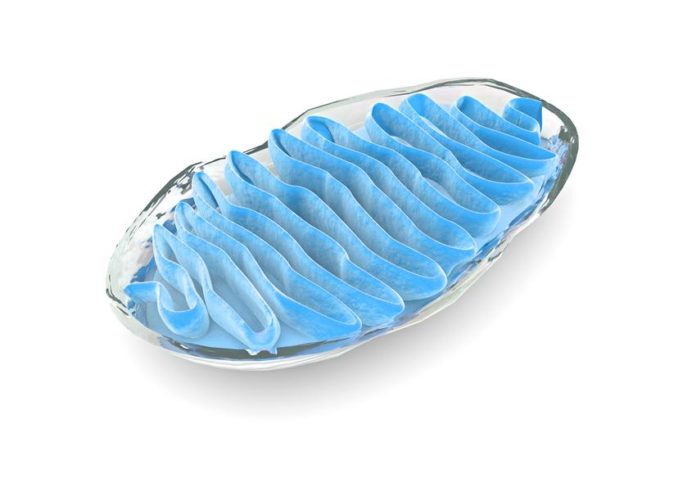Mitochondria are the tiny batteries within our cells that power our cellular activity. In recent years, mitochondrial health has become a catchphrase that we hear more and more. There are those who believe that our mitochondria are responsible for general health in a much bigger way than we give them credit for. As they are studied, we are finding that their role of importance regarding chronic disease is much larger than previously believed.
If mitochondria are not working properly, there may be big repercussions in the form of organ failure and chronic illness. Keeping our mitochondria happy may be the key to long-term, good health.
Mitochondria’s Role In Health
The “powerhouse” of the body’s cells are mitochondria, and we have long known that they provide energy, via ATP, to individual body cells. It is now believed that in the primordial soup, mitochondria swam alongside amoeba and bacteria while greater life was being formed.
Research of mitochondrial function in the human body is beginning to paint a broader picture of their impact on our health and on our lack of good health. Scientists believe that mitochondria are essential to nearly every cellular activity in the human body. If mitochondria aren’t functioning correctly, multiple organs and body systems are affected.
The functions mitochondria power include:
- All muscle contraction, including cardiac muscles
- Brain and nervous system function
- The energy that neurons send messages down nerve pathways with
- The replacement of weak and dying cells with new, healthy cells
- Hormone signaling
- Protection of DNA integrity
- Aging and longevity
Mitochondria’s Relationship To Gut Flora
Since mitochondria may have evolved alongside bacteria in primordial eras, it is thought that is why today they still act similarly to bacteria in ways. The same way that probiotics affect us in our gut is similar to mitochondria. The same things, like the use of antibiotics, that affect gut health with flora, also affect mitochondrial health.
Cell Danger Response
The term Cell Danger Response was coined in response to the behavior of mitochondria that were noted in the face of various threats. Various health threats can cause mitochondria to enter into a state of sub-optimal performance. Long after the immediate threat is gone, mitochondria can maintain this Cell Danger Response, performing sub-optimally and affecting health. Issues that trigger this response include Inflammatory problems, response to mold, infections, physical trauma, psychological trauma, and leaky gut syndrome.
The Importance of Mitochondrial Health
To improve mitochondrial health, a dietary change may be the key to improving many symptoms of the disease. First, you should eliminate empty calories that are gained from high carbohydrate, high refined sugar junk foods. Increasing whole plant foods, and foods that are rich in antioxidants, vitamins, and minerals is a great way to help mitochondria. Good fats, such as those found in avocados, coconuts, as well as grass-fed dairy is said to be good for mitochondrial health. Eating clean proteins like grass-fed beef, wild-caught salmon, pasture-free range poultry, and wild game is also part of a pro-mitochondrial diet.
It’s advisable to eat organ meats that are rich in CoQ10 enzymes to promote mitochondrial health. The heart, liver, and kidneys are also rich in vitamin B12. B12 is necessary for healthy nervous system function, mood, memory, and general energy levels. Organ meats are rich in healthy proteins, B vitamins, iron, and water-soluble vitamins, like vitamins A, D, K, and E.
Diet seems to be the key to healthy mitochondrial health and might be the key to general health in some very key areas. If you are suffering from generalized malaise, gut problems like constipation and diarrhea, headaches, acid reflux, or low sex hormones, it might be advisable to try a mitochondrial health diet and see if you begin to feel a difference.
















